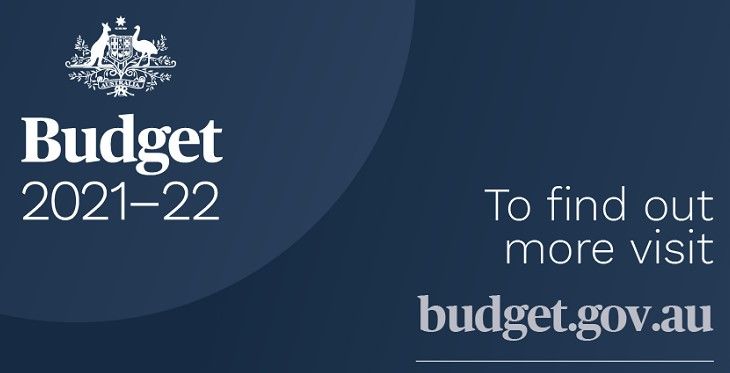PERSONAL INCOME TAX CHANGES
1. Retaining the Low- and Middle-Income Tax Offset for the 2022 income year. The LMITO is a non-refundable tax offset that provides tax relief for low- and middle-income taxpayers and is available in addition to the Low-Income Tax Offset (‘LITO’).
2. Increasing the Medicare levy low-income thresholds. The threshold for singles will be increased from $22,801 to $23,226. The family threshold will be increased from $38,474 to $39,167.
3. Modernising the individual tax residency rules. The Government has announced that it will replace the individual tax residency rules with a new, modernised framework. The primary test will be a simple ‘bright line’ test – a person who is physically present in Australia for 183 days or more in any income year will be an Australian tax resident. Individuals who do not meet the primary test will be subject to secondary tests that depend on a combination of physical presence and measurable, objective criteria.
4. Employee Share Schemes – removing “cessation of employment” as a taxing point and reduce red tape. The Government will remove the ‘cessation of employment’ taxing point for tax-deferred Employee Share Schemes (‘ESS’) that are available for all companies. This change will apply to ESS interests issued from the first income year after the date of Royal Assent of the enabling legislation. Currently, under a tax-deferred ESS, where certain criteria are met, employees may defer tax until a later tax year (‘the deferred taxing point’).
BUSINESS INCOME TAX CHANGES
1. Temporary full expensing extension. In the 2021/22 Federal Budget, the Government has announced that temporary full expensing will be extended by 12 months to allow eligible businesses with aggregated annual turnover or total income of less than $5 billion to deduct the full cost of eligible depreciable assets of any value, acquired from 7:30pm AEDT on 6 October 2020 and first used or installed ready for use by 30 June 2023. All other elements of temporary full expensing will remain unchanged, including the alternative eligibility test based on total income, which will continue to be available to businesses.
2. Temporary loss carry back extension. Broadly, this initial measure allowed ‘corporate tax entities’ with an aggregated turnover of less than $5 billion to carry back tax losses made in the 2020, 2021 and/or 2022 income years to claim a refund of tax paid (by way of a tax offset) in relation to the 2019, 2020 and/or 2021 income years. The rules relating to the temporary loss carry-back regime have been enacted and are contained in Division 160 of the ITAA 1997.
3. Digital economy strategy (including self-assessing the effective life of intangible depreciating assets). The Government will provide $1.2 billion over six years from 2022 for the Digital Economy Strategy, to support Australia to be a leading digital economy and society by 2030. The Government will allow taxpayers to self-assess the tax effective lives of eligible intangible depreciating assets, such as patents, registered designs, copyrights and in-house software. This measure will apply to assets acquired from 1 July 2023, after the temporary full expensing regime has concluded.
SUPERANNUATION RELATED CHANGES
1. Removing the work test for voluntary contributions. The Government has announced that it will allow individuals aged 67 to 74 years (inclusive) to make or receive non-concessional contributions (including under the bring-forward rule) and salary sacrifice contributions without meeting the work test, subject to existing contribution caps.
2. Removing the $450 per month threshold for superannuation guarantee eligibility.
3. Relaxing the residency requirements for Self-managed Superannuation Fund. The measure will have effect from the start of the first income year after Royal Assent of the enabling legislation, which the Government expects to have occurred prior to 1 July 2022.
2021-2022 Budget

Posted By Oliluca Accountants
19/05/2021
10:36 AM

